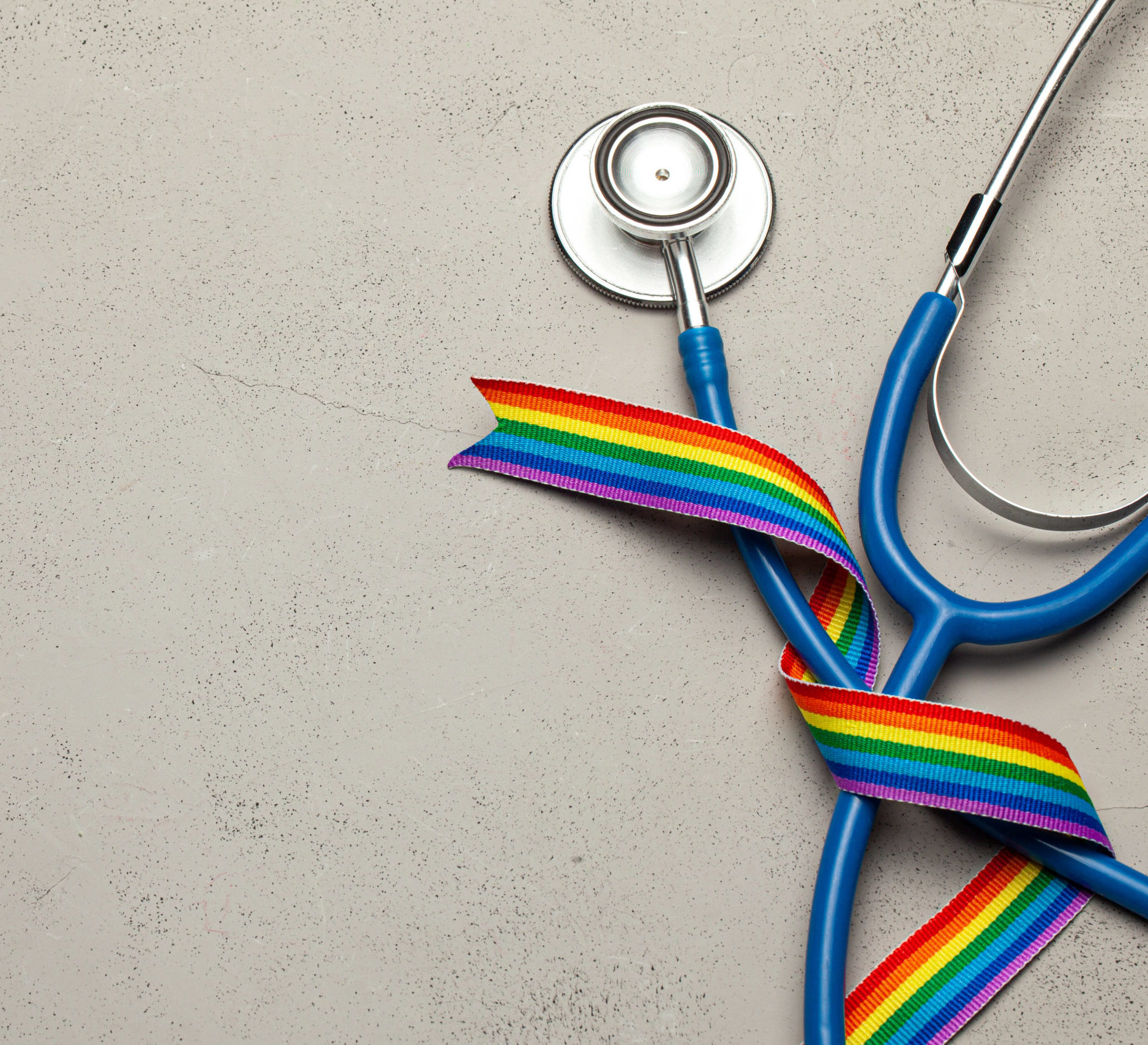
17 Nov Health and Community Challenges & Needs of LGBT Seniors: A Snapshot
Understand the concerns of the senior LGBT community in healthcare. Find resources in Philadelphia and across Pennsylvania to support the elderly and senior community of lesbian, gay, transgender, bisexual, and queer people both in the community and in the medical field.
The senior LGBT community is diverse and growing. Estimates show that there are over 3 million LGBT adults over the age of 50, with that number growing fast to 7 million LGBT elders by 2030. While LGBT elders face the same concerns that all elders face- social isolation, loneliness, housing affordability, and ageism- research proves that this senior community encounters higher instances of the challenges just mentioned along with additional obstacles.
Health and Wellness Challenge by the numbers
Compared to their heterosexual peers1, LGBT seniors and the elderly are:
- Twice as likely to be single and live alone
- Four times less likely to have children
- Much more likely to have faced discrimination and social stigma
- More likely to face poverty, homelessness, and poor general health
Cultural Competency
- 20% avoid medical care out of fear of discrimination
- Half of transgender individuals have had to teach their providers about transgender care
Other articles you might like:
- Aging, Culture, and Communication: The Importance of Culturally Competent Senior Home Care in Philadelphia, Pennsylvania
- LGBT Caregivers
- Why the LGBTQ Community is Vulnerable to the Coronavirus
Discrimination
Health Care
- 1/3 of Transgender people that don’t have a regular doctor and report poor general health
- 41%: Senior LGBT disability rate, higher than the 35% overall elder disability rate.
HIV/AIDS
- 1/2: Proportion of HIV-infected Americans over the age of 50
- 17%: Percent of new HIV diagnoses coming from those 50 and older
Housing
- 48 %: Lesbian, gay, and bisexual couples facing adverse treatment when seeking senior housing; transgender individuals face even higher rates
- 1/2: Proportion of LGBT population living in states without housing discrimination laws
Legal/Financial
- LGBT people are poorer and have fewer financial resources than their heterosexual counterparts
- LGBT individuals are more likely to have received hiring or salary discrimination, creating a lifetime of lower earnings
Social Isolation
- 60%: LGBT elders reporting a lack of companionship
- 41%: rate of attempted suicide by transgender people
Wellness
LGBT and the community
Contrary to popular belief, members of the LGBT community live in a variety of residences and community sizes. An AARP survey2 of older LGBT adults offers good snapshot and insight into the state of the communities that LGBT elders reside and the wants and needs of older adult respondents below. Encouragingly, 83 percent of respondents report that their community is very or somewhat LGBT friendly.
However, there are other worries. There are real housing and long-term care concerns that LGBT elders report. For minorities, LGBT discrimination concerns are compounded with race and ethnicity discrimination factors.
While majorities of LGBT respondents reported having access to LGBT resources, a minority of LGBT older adults reported having access to LGBT senior resources, even in major cities.
The elder community overwhelmingly wants welcoming long-term care services designed for them. 90 percent also reported an interest in LGBT-friendly housing developments.
Shaping the future
Despite the varied concerns and challenges facing the LGBT community, the LGBT elder population is resilient and remains optimistic about the future. 60 percent of the AARP study respondents are at least somewhat optimistic that the problems that they face will be solved within the next 20 years.
Healthcare providers and community leaders can positively impact the LGBT elder community by understanding the obstacles that the diverse members of the community face.
LGBT elders can overcome some of these concerns and age with dignity by finding support through chosen families and informal support networks. These include LGBT community organizations, gay-affirmative religious networks, and LGBT friendly providers of care like Chosen Family Home Care.
1https://www.sageusa.org/wp-content/uploads/2018/05/sageusa-the-facts-on-lgbt-aging.pdf

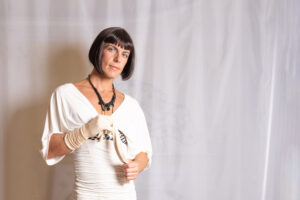
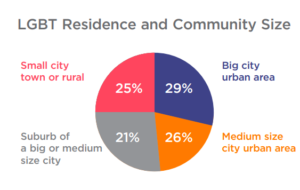
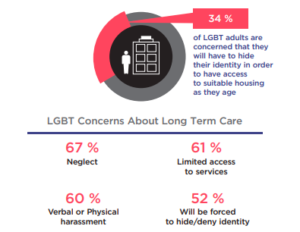
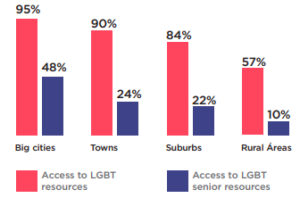
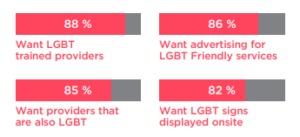
No Comments